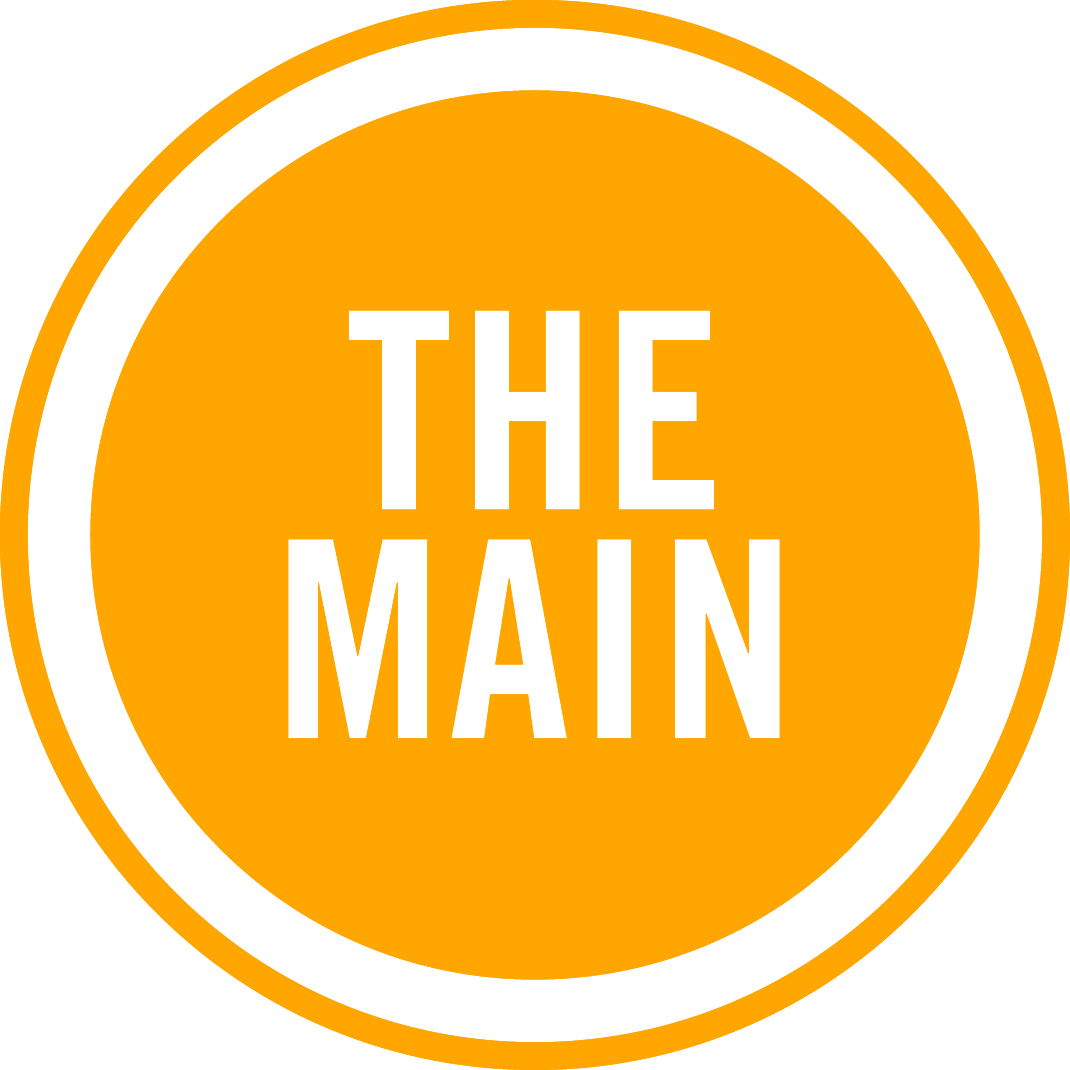You know you’re getting old when…I’m betting that each of you reading this - regardless of your age – has an answer. When we think of age, we’re reminded of the physical aspects and the words of Mick Jagger, “what a drag it is getting old”. But it’s important to understand there are considerations beyond physical aging. These include how we feel about ourselves, our connectedness with society, and how we are treated by society.
Age in the workplace was the kickoff topic in February as part of the Workplace Inclusion Network series — a new partnership between VSAE and the Virginia Center for Inclusive Communities (VCIC). Dr. Jenny Inker, Assistant Professor & Co-Director, Assisted Living Administration Specialty Area, VCU, noted how ageism is all around us, from advertisements to comments to perceptions of ourselves and others. As workplaces include employees from multiple generations, she emphasized the importance for organizations and their leaders to understand and address ageism, and to include age as a part of their inclusion strategy.
One interesting part of the conversation dealt with generational stereotypes. Participants were asked to identify traits they associated with different generations. Rather than devolving into a new round of “ok boomer” vs. “snowflake” sparring, what came out of the conversation was hopefully a better appreciation that generational differences need not by themselves be generational barriers, and that each generation has something to contribute and learn from one another.
As importantly, we need to change the way we think about ageism. It is not something limited to older workers. According to a November 2020 article from Harvard Business Review, “Am I Old Enough to Be Taken Seriously? “young adults are more likely to report experiencing ageism at work than their middle-aged and older counterparts. Among the author’s recommendations is to start or join a working group for young professionals.


